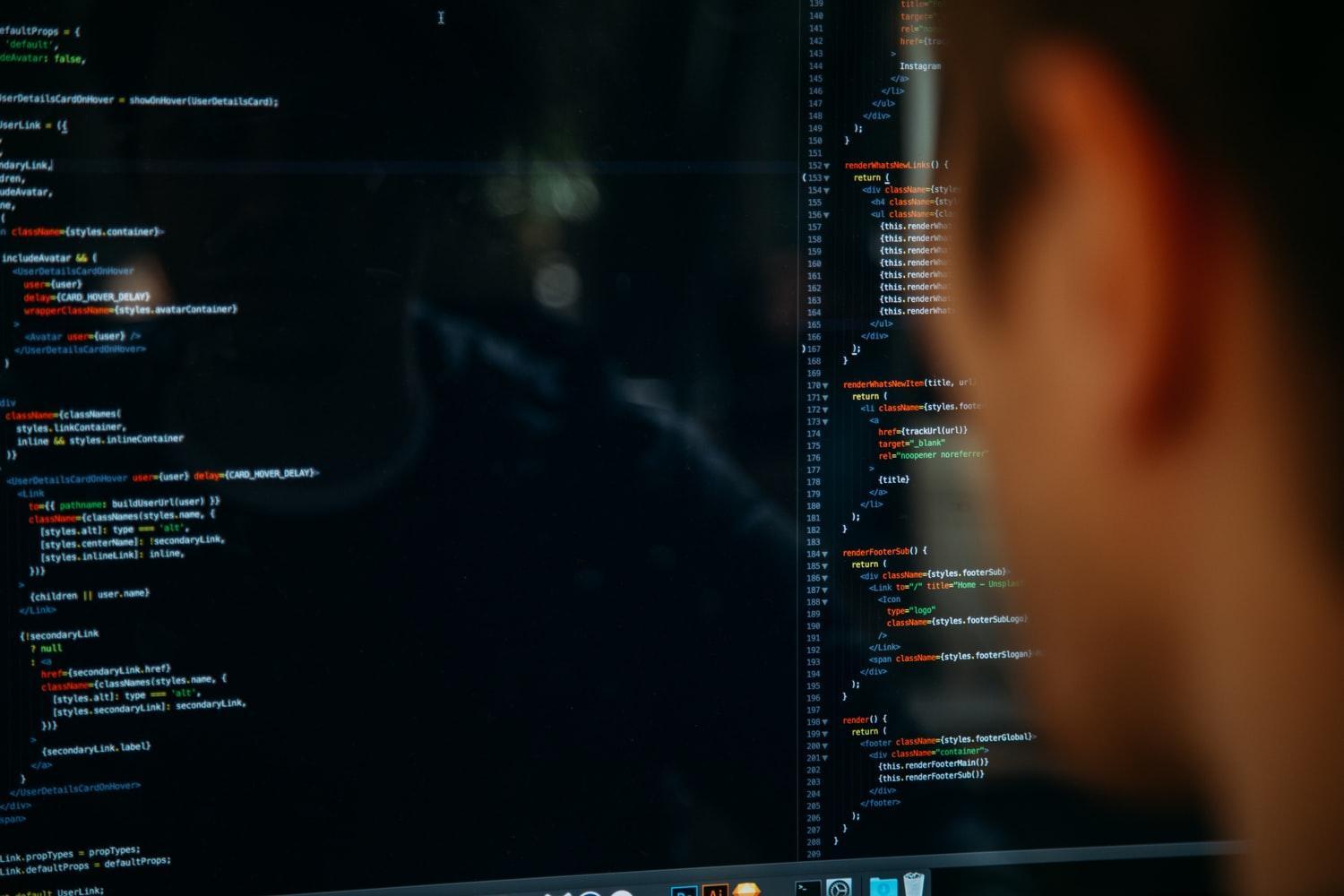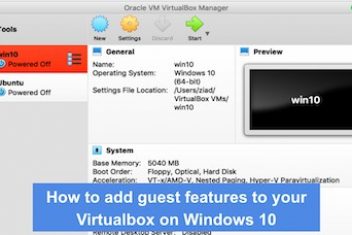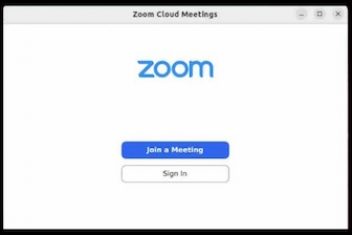By Andrew B.Mazur – When you must choose among existing programming languages, it should not be either one or another because the most important is to learn the basics of coding by taking enough time to practice. When you do not know how to
carry out all these simple operations, you won’t be able to understand the complexity of C++. The trick is to explore various programming languages that will help you advance your skills and still be able to apply your knowledge in practice.
8 Programming Languages Every Teachie Must Consider
1. Python.
If you have ever approached machine learning as an educator or a student majoring in Data Science, you should learn more about Python. It is one of the most flexible programming languages because it can be applied to any project. It also helps when you explore innovative ideas like virtual reality and AI-based tools. For example, you may create a mobile startup by reading through sample documentation and various templates that are available in abundance.
Read: 6 Reasons why you Should Learn Python
2. Golang.
If you want to execute things faster and create something in the field of cloud computing and remote server development, this fast, open-source, and high-performance language is one of the best solutions. What makes it great is that it is lightweight and can be used for complex technological processes in engineering. Good templates are available in various languages, which is why you should think about translation services reviews and find a certified translator if you need a good example translated or seek a job abroad.
Read: How to Find the Fintech Software Developers for Your Project
3. R.
Statistical computing and graphics cannot really function without R language programming, which is also open-source. The most important example where this language is used in SAS software. It is used for anything from fraud detection to loan stress test simulation.
4. Java.
This programming language needs no introduction because almost every teachie these days has seen the famous coffee cup when starting one of the Java-based applications. From Minecraft to banking applications, Java is used almost everywhere and provides solid basics for any programming objectives.
Read: Top 7 Programming Languages to Learn in 2021
5. MATLAB.
If Fourier and signal processing sounds just about right and you are good with mathematics and matrix algebra, Matlab is one of the best solutions where you can use your skills for numerical computing tasks. It is one of the industry standards used for calculation and scientific tasks. Even if you are not really getting into programming languages like C++, knowing MATLAB will help you with most engineering assignments. Regardless if you need statistical analysis or want to evaluate a transatlantic network cable routing, it is one of the safest ways.
6. HTML.
It’s wrong to think that learning HTML basics with CSS coding is nothing to be proud of! It is one of the best ways to create an advanced blog that will impress your friends and colleagues. It’s also a good way to create educational materials and edit already existing web pages as you update outdated information.
7. Julia.
Julia has a much faster execution even when dealing with challenging projects that include high-volume data chunks. It runs even quicker than Python and remains accessible for those cases when you need to process a plethora of data. It is most popular in Machine Learning and Data Science projects. Essentially, it is perfect when one deals with numerical computing. It is widely used by NASA, Disney, and Uber where high speed is required.
Read: 5 Best Programming Languages for Test Automation in 2021
8. SQL.
This Structured Query Language is the best choice when you don’t mind working with databases. It is also suitable for archives and data management. When you have good SQL skills, it is essential for artificial intelligence and machine learning challenges.
Why Documenting Your Program Matters

Image source: Unsplash
Although it’s always tempting to start with your code and proceed with the execution, those programmers who may still remember the Fortran language know how important it is to provide a detailed description of each step being taken. If you write down specific aspects of your code writing, it helps to approach debugging in a different way as you share this information with the other departments.
Read: Outdated and Outmoded: The Legacy of Obsolete Programming Languages
Documenting your software also means leaving helpful comments in the program, which is exactly what helps to eliminate mistakes and decrease those extra code lines. Finally, when you create extensive documentation, it will help other programmers as they use it for reference or beta-testing purposes. No matter what language you may learn, taking time to document things will make you a much better programmer.
Andrew B. Mazur – andrewbmazur[@]gmail.com
If you like the content, we would appreciate your support by buying us a coffee. Thank you so much for your visit and support.



